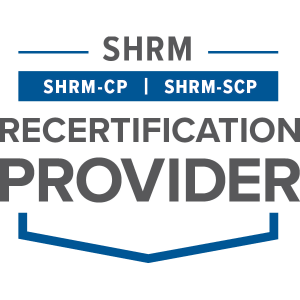Employers are increasingly turning to artificial intelligence (“AI”) for assistance in making employment decisions, and although AI can eliminate disparate treatment, employers should be aware of the potential for disparate impact. Title VII of the Civil Rights Act of 1964 (“Title VII”) prohibits discrimination on the basis of race, color, religion, sex (including pregnancy, sexual orientation, and gender identity), or national origin in employment practices (recruiting, hiring, monitoring, transferring, evaluating, terminating).
While New York City is the only jurisdiction that regulates the use of AI in employment decisions, there is EEOC guidance on the use of AI in the workplace and as a result of President Biden’s October 30, Executive Order we expect the Secretary of Labor to issue best practices around the use of AI in employment decisions soon. 
New York City
New York City Local Law 144 regulates the use of automated employment decision tools. Automated employment decisions tools are “any computational process, derived from machine learning, statistical modeling, data analytics, or artificial intelligence, that issues simplified output, including a score, classification, or recommendation, that is used to substantially assist or replace discretionary decision making for making employment decisions that impact natural persons.”
Under Local Law 144 employers or employment agencies that use an automated employment decision tool to screen a candidate or employee for an employment decision must: Continue reading










